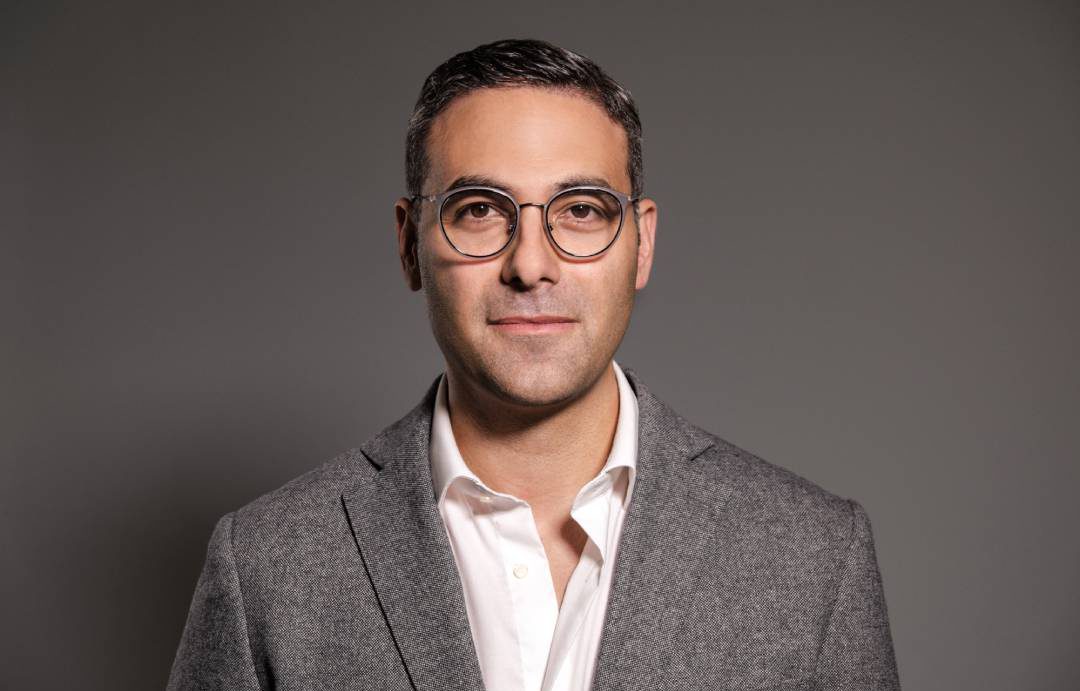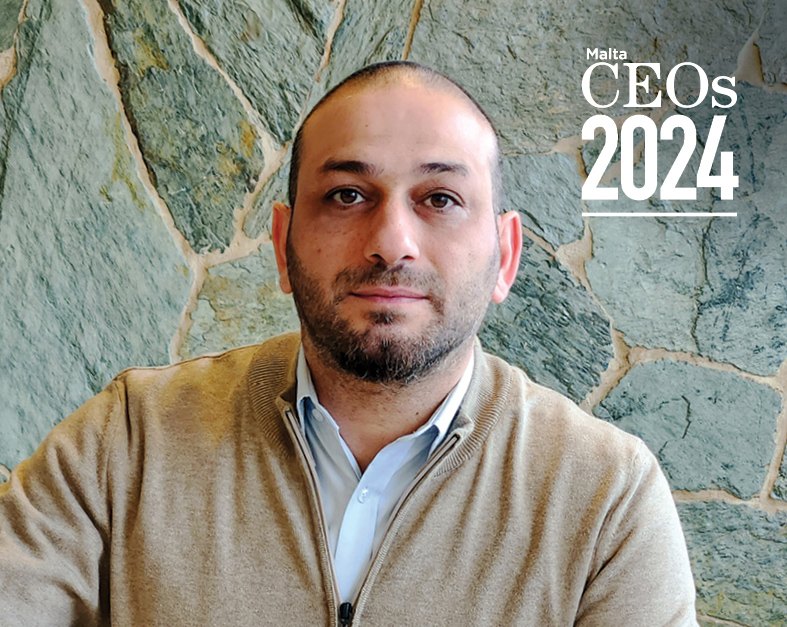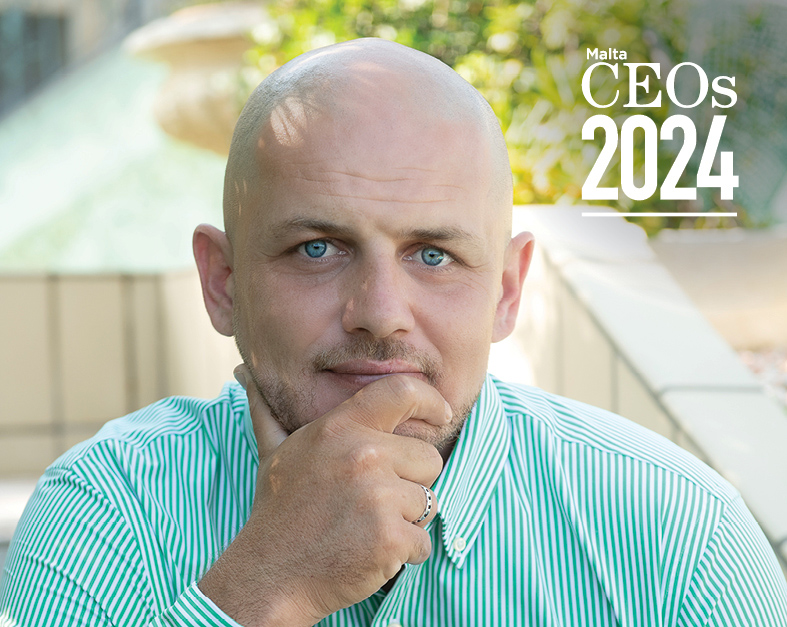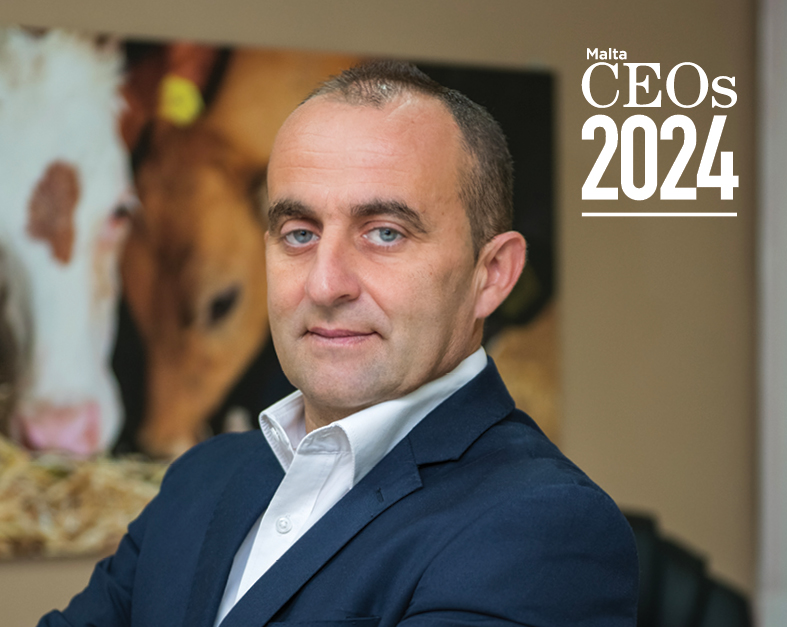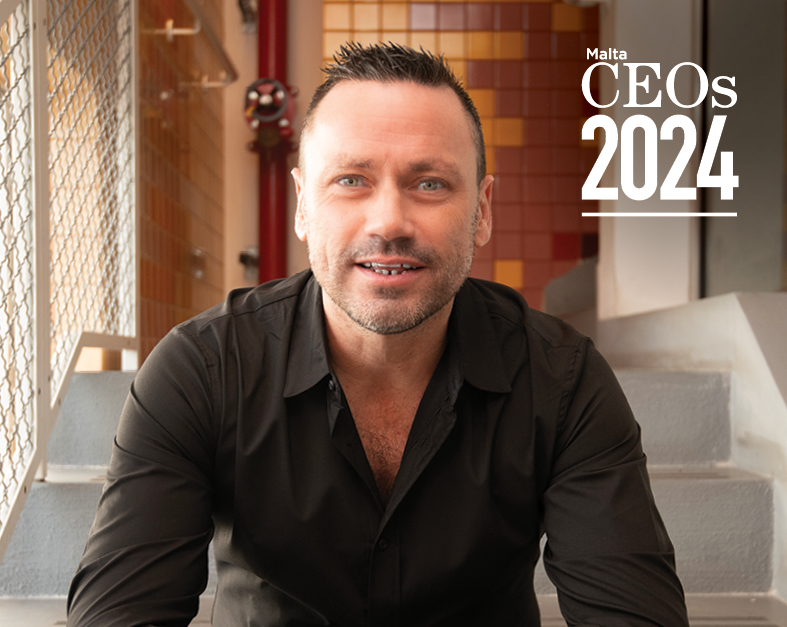Up next in our series of insights by leading business figures in Malta which aims to shed light on the short-term future of business on the island, by identifying the opportunities and threats that carry the potential to redefine Malta’s industries and markets in the year to come.
Gege Gatt is the CEO of London-based EBO, an AI enterprise which automates citizen engagement. In his eyes, the transformative impact of AI on Maltese businesses represents the most important opportunity for 2024.
“AI presents unique opportunities in the public sector this year. AI’s ability to handle repetitive, rules-based tasks – like those in public administration – opens the door for a significant re-humanisation in the workforce. By automating mundane tasks, AI allows public sector employees to focus on more meaningful, humancentric aspects of their jobs, enhancing job satisfaction and effectiveness.
“However, the challenges and threats to Malta’s global competitiveness will stem from our failure to adapt to swiftly evolving technological advancements or to comply with stringent EU regulations. It’s also crucial to recognise that the current lack of a robust venture capital ecosystem in Malta poses a significant barrier to nurturing and scaling tech startups. Without sufficient investment, Malta risks lagging in the rapidly changing global tech landscape.
“So, along with embracing AI, I hope to see a shift towards technology-focused investments in 2024. If we prioritise the growth of Malta’s tech sector and position it as a hub for innovation, we’ll create more opportunities to attract attention from international tech companies and investors.”
First published as part of a wider feature first carried on MaltaCEOs 2024 print publication, the sister brand to MaltaCEOs.mt.
‘We have become known for our reliability, expertise & environmental responsibility’ – Director Mattheus Buyukkaya
Mattheus began his career in renewable energy as a junior, and progressed until he decided to launch his own renewable ...
‘My goal is to contribute to a greener future for generations to come’ – CEO Namik Kemal Ozden
Namik believes that you must always know who you are doing business with, whether that means visiting your suppliers, meeting ...
‘Going from being a farmer to becoming a CEO has been quite a journey’ – CEO Brian Vella
As leader of the Malta Food Agency, Brian asserts that consumers remain ‘extremely loyal’ to local produce.
‘Loyalty is important, not just as a measure of client loyalty, but as a tangible form of positive feedback’ – CEO Luke Todd
As a business leader, Luke favours smaller teams, allowing greater control of culture and unique selling propositions.


